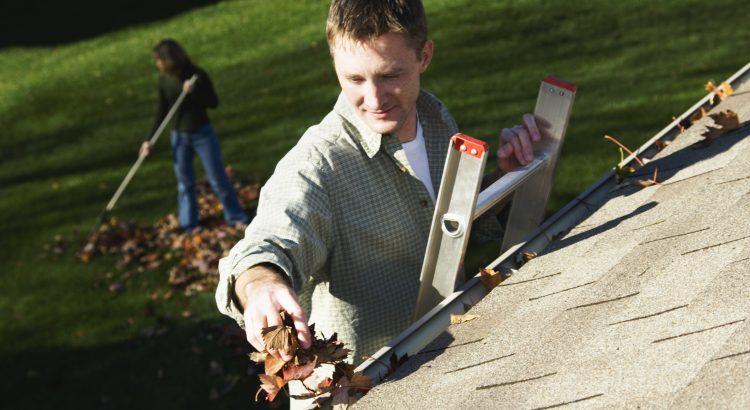Gutters are one of the most important parts of a house. It not just helps to get rid of dirty water from your bathrooms and kitchens, it also contributes in ensuring a safe and disease-free environment for your entire family. Due to the regular use of the gutters of your house, it is quite possible for them to get clogged every now and then. Thus, it is always recommended to clean out the gutters at least once every 6 months. If you opt to ignore this need, you will soon find leaves, pine needles, and various other debris piling up in the gutters and clogging the exit point of dirty water. As a result of this, water may spill out of the clogged gutters and erode the walls, flood the basement, and also damage your landscaping.
There are several ways to clean clogged drains. However, you may find it rather confusing as to which method to use. This is especially true if you do not wish to risk your own safety by climbing up a ladder or even crawling around on top of the roof. The end result is a total confusion. You may either spray the clogged drain with water or even vacuum out the debris.
Proper Tools Needed
You may either spray clean the clogged drain with water or vacuum it, provided you have the proper tools for your choice of cleaning a clogged drainage system. If you wish to vacuum it, you will need a wet-dry or a heavy-duty vacuum cleaner with either a hose attachment or wand that can easily reach the gutters. On the other hand, if you wish to spray clean with water, then you will need to affix a telescoping wand or even a pole attachment to the end of your power washer or garden hose.
Moisture and Weather Concerns
The direction that you choose may depend a lot on the recent weather conditions or the wetness of the debris. If it has not rained for quite a long time, then the gutter debris may be dry and may easily get sucked out with the help of a vacuum. However, if it has rained recently, then using a vacuum may not be a good idea. Thus, spraying the debris with water will be a better option. This will also be a good idea if you notice any standing water in your drainage system due to clogged debris.
There Are Disadvantages of Both the Methods
There are several disadvantages of both the methods of clearing clogged debris from your gutter. First of all, if you decide to spray with water, the debris will move towards the downspouts. However, if too much of the debris moves towards the downspouts at the same time, it may result in a hard-to-reach clog. It is also possible that the leaves and pine needles that come out of the gutter will get sprayed on the ground. At the same time, vacuuming a clogged gutter will require you to clean the unit several times before the entire gutter gets free from clogs.





Vacuum gutter cleaning is the process of using a vacuum cleaner to remove debris from gutters. This method is typically used for small jobs, such as cleaning out a few leaves or small pieces of debris. Spraying is the process of using a hose or other water source to remove debris from gutters. This method is typically used for larger jobs, such as cleaning out a significant amount of leaves or large pieces of debris. The gutter debris may be dry and may easily get sucked out with the help of a vacuum. However, if it has rained recently, then using a vacuum may not be a good idea. Thus, spraying the debris with water will be a better option. Amazing information. Cheers for this. Thank you!